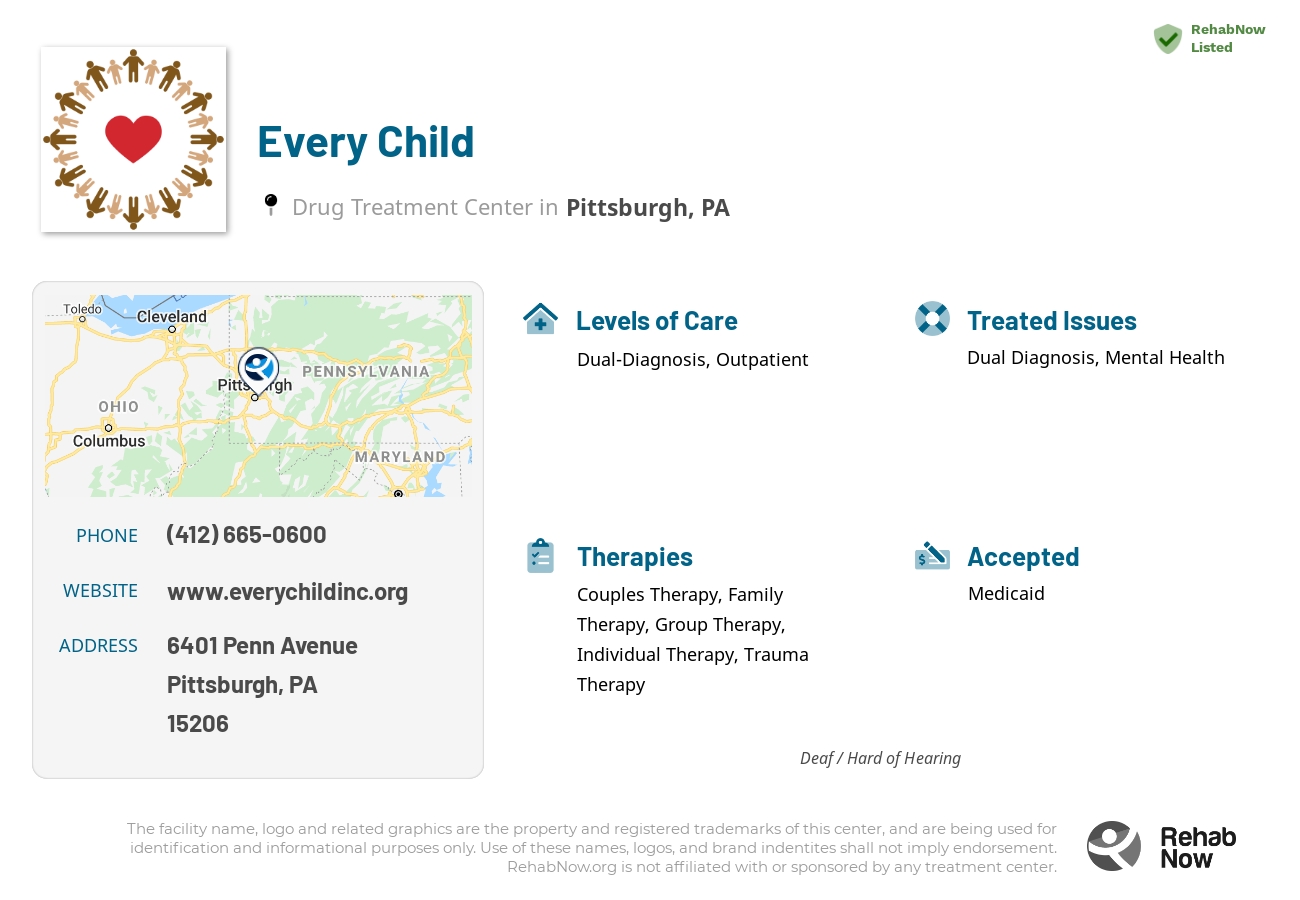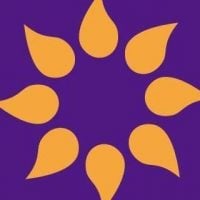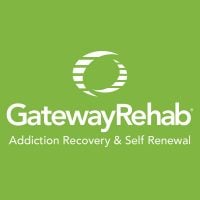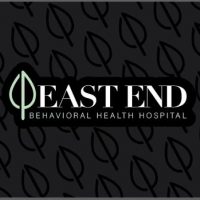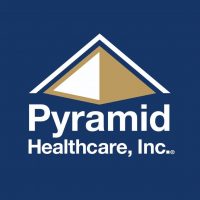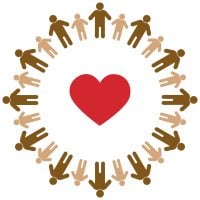
Every Child
Drug Rehab Center in Pittsburgh, Pennsylvania
- Mental Health
- Dual Diagnosis
Every Child is an Addiction Treatment Facility in Pittsburgh, PA offering dual diagnosis and outpatient care provided by a compassionate and experienced staff committed to helping individuals achieve and sustain sobriety.
Multiple patients have reported Every Child as permanently closed.
Research other rehabs in Pittsburgh, Pennsylvania, or get help finding an open facility.
Our experts will find you an alternative facility.
(888) 674-0062 24/7 Free, Confidential, Expert HotlineAbout This Pennsylvania Facility
Every Child is an addiction treatment facility located in Pittsburgh, Pennsylvania. Founded in 1997, this facility has been providing specialized care for individuals suffering from dual diagnosis and mental health issues. With the mission of addressing the unique needs of each person seeking treatment, Every Child offers a variety of services and treatment options to help clients on their healing journey.
Every Child is dedicated to meeting the needs of individuals struggling with addiction and mental health by offering comprehensive dual diagnosis treatment programs. Their services include outpatient levels of care, allowing clients to receive support while maintaining their day-to-day responsibilities. At Every Child, individualized treatment plans are crafted, encompassing evidence-based approaches and therapeutic techniques such as counseling, medication management, group therapy sessions, and holistic treatments to promote physical and emotional well-being. Through their commitment to compassionate care and high-quality treatment methods, Every Child aims to guide each person towards lasting recovery and improve their overall quality of life.
Genders
Ages
Modality
Additional
Conditions and Issues Treated
Dual-Diagnosis
When addiction and psychiatric issues co-occur, the addict’s recovery is more successful when both conditions are treated. A dual diagnosis refers to a condition in which the patient is diagnosed with two health issues: addiction and bipolar disorder.
Usually, dual diagnosis sufferers are prescribed a combination of treatments for each condition. The most common therapies are psychotherapy, behavioral therapy, spiritual counseling, 12-step programs, and medication management.
Psychiatric conditions are an obstacle to recovery because they can create roadblocks to a healthy lifestyle. Drugs and alcohol may be used as a means of self-medication, which can have dangerous consequences. Over time, addicts build up a tolerance and suffer withdrawal symptoms when drug use is stopped.
With the proper treatment, dual diagnosis sufferers can overcome their conditions and achieve lasting sobriety.
Dual Diagnosis (Co-Occuring Disorders), Mental Health
Levels of Care Offered at Every Child
This center offers a variety of custom treatment tailored to individual recovery. Currently available are Dual-Diagnosis, Outpatient, with additional therapies available as listed below.
Pittsburgh, PA Outpatient Program
Individuals struggling with drug addictions can get help from several treatment options, including inpatient and outpatient programs. Outpatient drug treatment programs can also provide patients with different levels of care, usually depending on the patient’s degree of addiction.
At an outpatient program in Pittsburgh, a patient will attend a recovery program during the day and return home in the evening. Suppose a patient is struggling with drug addiction. In that case, an outpatient program can serve as an effective transition point during the recovery process.
Therapies & Programs
Individual Therapy
Individual therapy is a critical component of addiction recovery. It allows the patients to go deep into their core issues and discover how to handle those problems better. Therapy can be conducted in individual sessions as well as group settings. In individual therapy for addiction, the patient meets with their therapist one-on-one to focus on the underlying issues. This allows patients to open up and discuss personal topics they may not feel comfortable discussing in a group setting. This type of therapy can help develop solutions specific to each patient, which helps speed up the recovery process.
Couples Therapy
Couples therapy is beneficial for couples in which at least one partner has a substance use disorder. This type of therapy can help partners improve communication skills, which is an important factor in a healthy relationship. It can also help partners better understand one another so they have a greater understanding of how the other partner may be feeling.
Benefits of couples therapy include:
- Improvement in communication skills
- Increased understanding of the dynamics within a relationship
- Increased sense of support and trust in the relationship
- Better teamwork between partners/increased willingness to listen and work together
- Enhanced tolerance of each other’s shortcomings
- Improved ability to have open, honest communication with each other
Family Counseling + Therapy
Family therapy is a crucial part of drug treatment and getting sober. It is one of the most effective ways to help addicts stay on the path to long-term sobriety. When a drug addict decides that they want to try and get sober, it takes the support of every person they love to succeed. It can be incredibly difficult for loved ones to watch an addict go through the pain and suffering of withdrawal, but by being there with them and supporting them, they can help to make sure that the addiction never returns.
One of the most important parts of family therapy is the relapse prevention plan. During treatment, therapists and doctors will often sit down with the addict and their family to develop a plan in case the addict ever feels like they want to use again. This plan should involve steps the addict and family can take together to prevent them from relapsing in the future. An addict’s family can play a vital part in helping them to avoid relapse because they can spot the warning signs and help them get back on track before it becomes too much of a problem.
Group therapy helps prevent addicts from feeling isolated or unique in their situation by offering a sense of comfort and fellowship. It also creates a forum for addicts to build their support systems and learn from each other. The group therapy sessions at Every Child occur in a group setting rather than one-on-one to create a safer, controlled environment where addicts feel comfortable.
Trauma therapy helps people dealing with addiction by allowing them to confront the traumas of their past and move past them. It is important to note that trauma therapy should not be confused with PTSD (post-traumatic stress disorder) Rather, it is used to treat the effects of trauma, which are often at the root of addiction.
Couples Therapy, Dual-Diagnosis, Family Therapy, Group Therapy, Individual Therapy, Outpatient Treatment (OP), Trauma Therapy
Payment Options Accepted
For specific insurance or payment methods please contact us.
Additional Details
Specifics, location, and helpful extra information.
Pittsburgh, Pennsylvania 15206 Phone Number(412) 665-0600 Meta DetailsUpdated November 25, 2023
Staff Verified
Patient Reviews
There are no reviews yet. Be the first one to write one.
Pittsburgh, Pennsylvania Addiction Information
Pennsylvania ranks 14th in the nation for drug-related deaths. More than 10% of all deaths in Pennsylvania have been related to drugs and alcohol. 30% of Pennsylvania youth reportedly drink alcohol monthly, with more than 20,000 teenagers having an alcohol problem. The rate of opioid misuse in Pennsylvania is double the national average.
Pittsburgh, Pennsylvania, has been hit hard by the opioid epidemic. About 24,000 people in Pittsburgh struggle with drug addiction. In the city, there were 9,813 overdose deaths in 2016. Alcohol is a factor in more than 38% of all traffic fatalities in Pittsburgh. There are plenty of drug treatment centers in the area to help you get your life back on track.
Treatment in Nearby Cities
- Williamsburg, PA (90.4 mi.)
- Danville, PA (176.7 mi.)
- Youngsville, PA (101.3 mi.)
- Washington Crossing, PA (266.1 mi.)
- Blossburg, PA (171.1 mi.)
Centers near Every Child
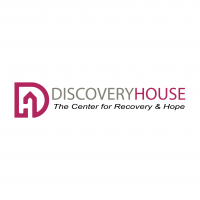
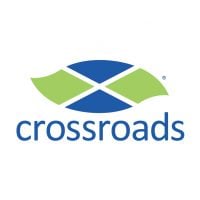
The facility name, logo and brand are the property and registered trademarks of Every Child, and are being used for identification and informational purposes only. Use of these names, logos and brands shall not imply endorsement. RehabNow.org is not affiliated with or sponsored by Every Child.


